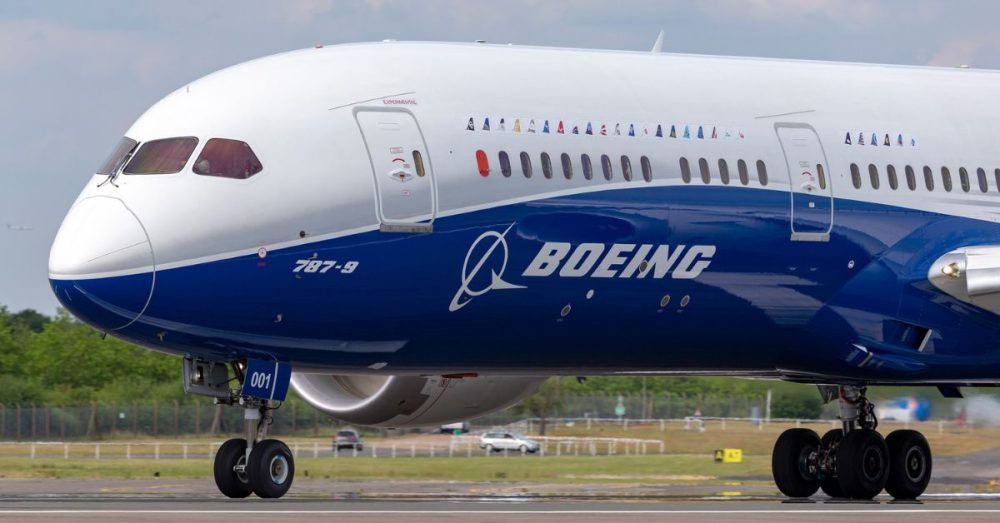More than 30,000 Boeing workers on the U.S. West Coast voted to reject the company’s latest contract offer on Wednesday, extending a strike that has dragged on since September 13.
The rejected deal included a 35% wage increase over four years, but 64% of union members voted against it, reflecting deep-rooted frustrations over past labor disputes and financial grievances, Reuters reported.
The vote marks a major setback for new Boeing CEO Kelly Ortberg, who took charge in August and promised improved relations with factory workers.
Boeing’s strained history with the union dates back to 2014 when the company ended traditional pensions after threatening to move production of the 777 aircraft. Workers now demand a 40% pay increase and the restoration of defined benefit pensions.
The strike is taking a toll on Boeing’s finances and disrupting production lines for key aircraft models, including the 737 MAX, 767, and 777. Boeing has declined to comment on the vote, but union leaders have expressed a willingness to resume negotiations.
The union’s lead contract negotiator, Jon Holden said, “I want to get back to the table. Boeing needs to come to the table as well.”
The rejection reflects workers’ dissatisfaction with stagnant wages that have failed to keep pace with inflation. Additionally, employees have criticized Boeing’s financial decisions, including billions spent on stock buybacks and record executive bonuses, further fueling resentment.
Holden acknowledged the difficult decade workers have endured, adding, “There are some deep wounds.”
Time is running out for both sides to reach an agreement, with the November 5 presidential election approaching and raising concerns about increased political pressure. Boeing, the largest U.S. exporter, faces mounting challenges as it scrambles to resolve the labor dispute and restore production.
Now in its sixth week, the strike has halted operations across Boeing’s West Coast factories, threatening the company’s ability to meet delivery schedules and customer demands during a critical time.
This article was written with the assistance of artificial intelligence.


